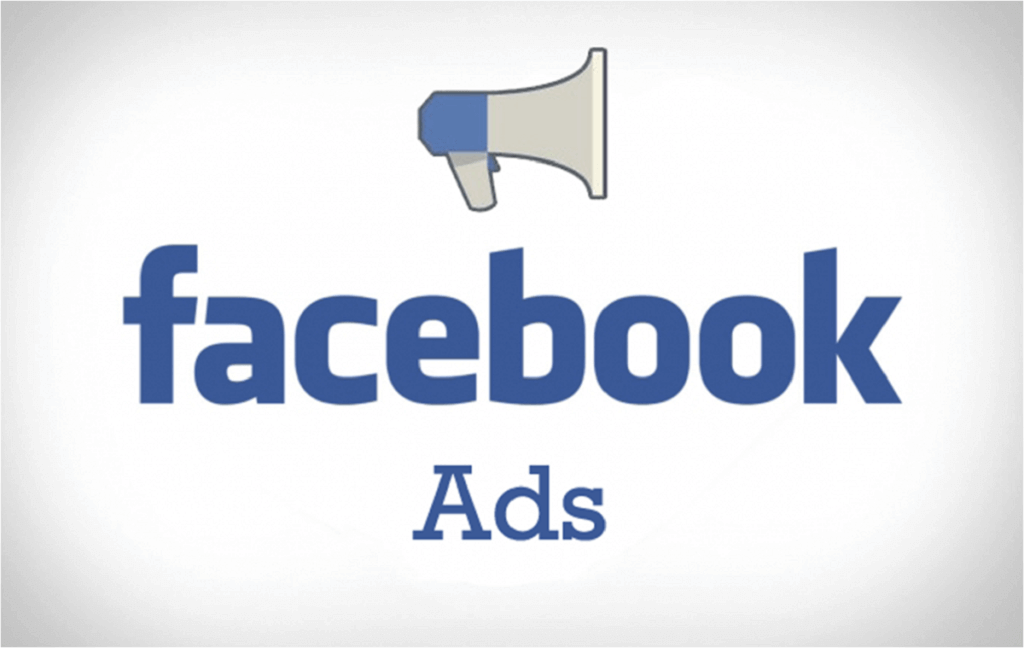
We’ll say it: Social media can be intimidating. Between constant updates, never-ending timelines and trending something-or-others, it’s a lot to handle.
NB: This is an article from McConnell Marketing
But, when used correctly, platforms like Facebook can be incredibly effective advertising tools. Let us explain.
Step 1: Determine Your Objective
What’s your goal? It’s the first question to any successful marketing campaign, and Facebook ads aren’t an exception. Your objective determines how Facebook spends your budget AND how it tracks campaign stats. In short: it’s important. Here are the 11 different objectives to choose from:
- Brand Awareness
- Reach
- Traffic
- Engagement
- App installs
- Video views
- Lead generation
- Messages
- Conversions
- Catalog sales
- Store traffic
Step 2: Who’s Your Target Audience
Choosing the right target audience is critical. Who should see your ad? What characteristics best align with your brand? Pick and choose specific demographics, locations, interests and behavioral characteristics that best match the audience you hope to reach. Name and save the audience to use in future ad campaigns, then move on to Step 3.
Step 3: Where to Place Your Ad
You have 15 possible spots to place your ad. These placements are spread across both Facebook and Instagram (in case you missed it, Facebook owns Instagram now). If you take a second to scroll through your own Facebook feed, you’ll probably see most of these placements. Your ad can appear in spots like the timeline (main scroll), stories, videos, messenger inbox and more. Just keep in mind: the ad will stretch or shrink to fit placements. So, if you’re creating a long horizontal ad, you might not want it to show up on the square-oriented Instagram.
Step 4: Set Your Budget
For once, you don’t have to cringe at the word “budget.” You can spend $1 on a Facebook ad or $1,000– it all depends on how many people you want to reach.
Step 5: Create the Ad
We might be a *little* biased, but this is THE most exciting step. An effective Facebook ad must have:
- captivating, yet short copy
- clear message
- persuasive call-to-action
- eye-catching visuals




